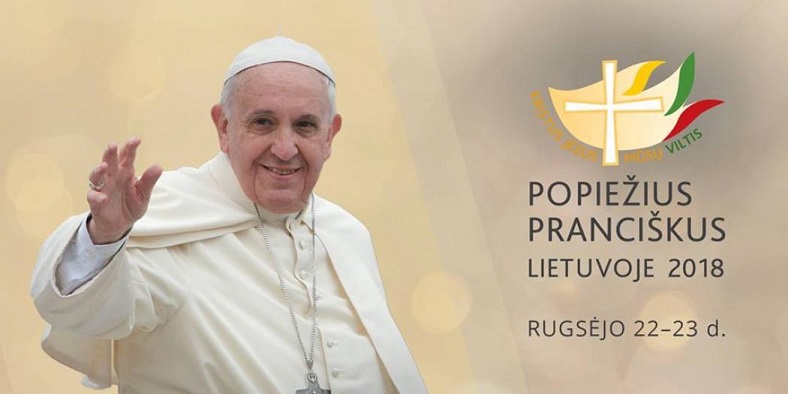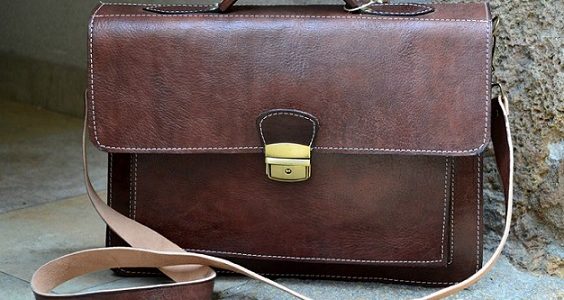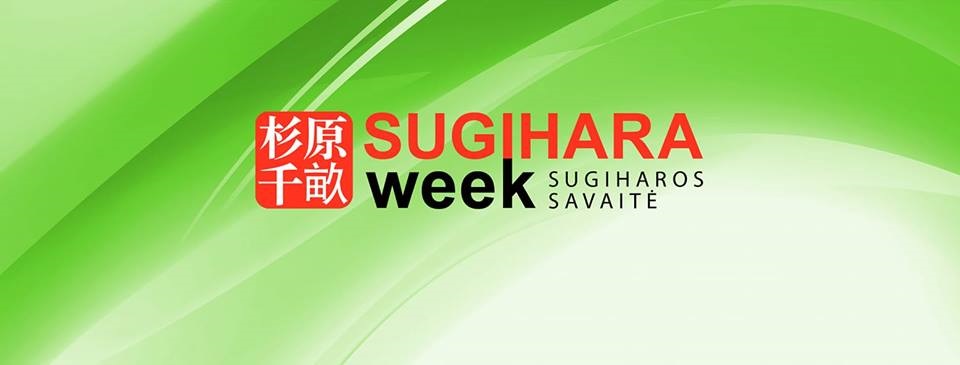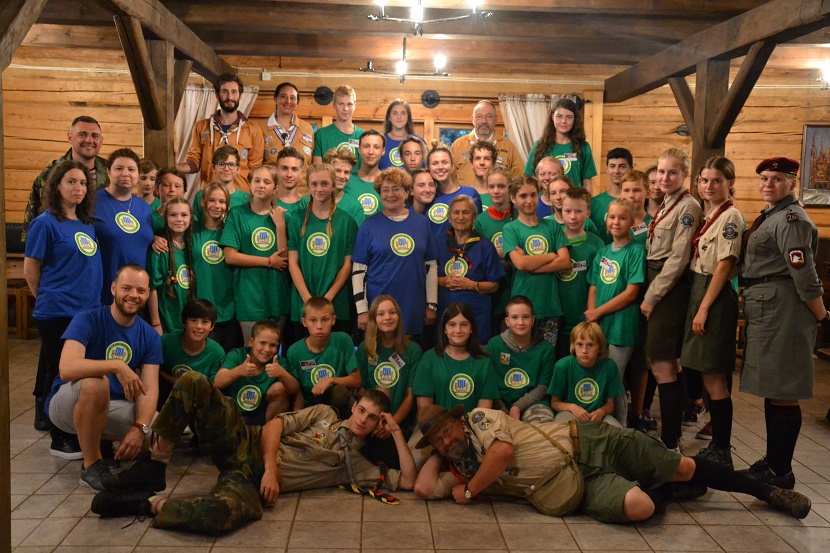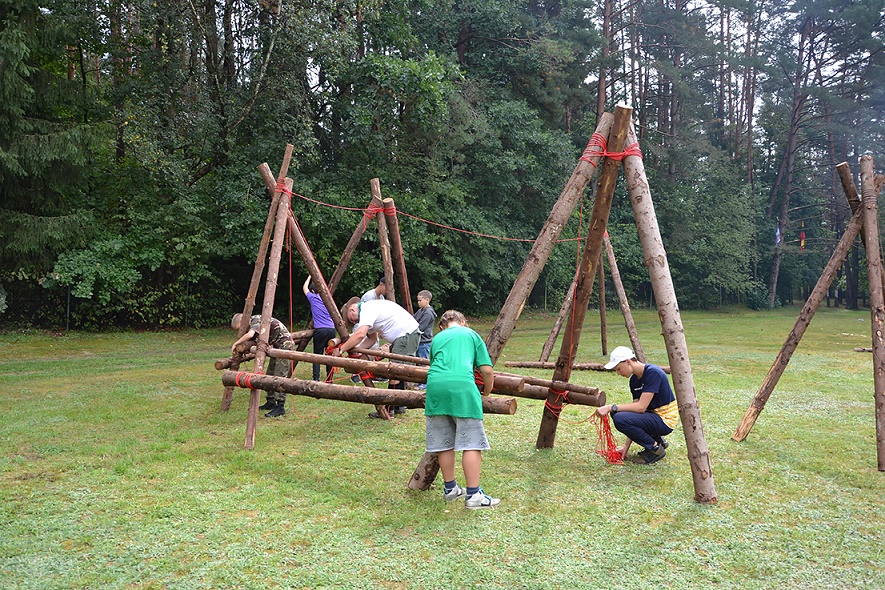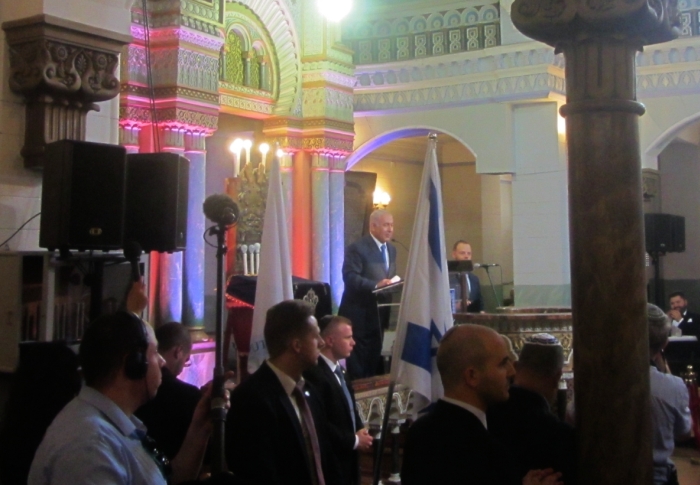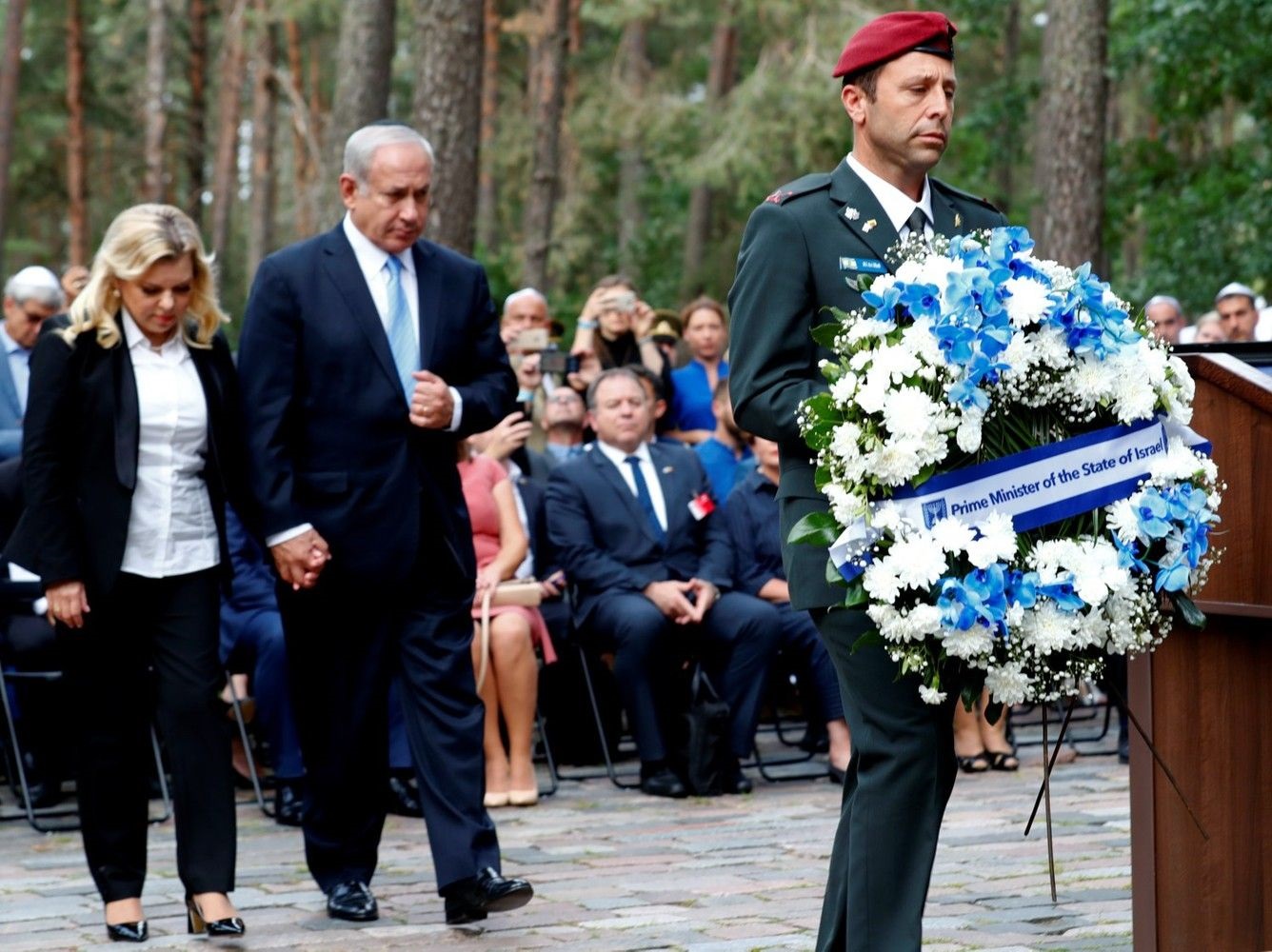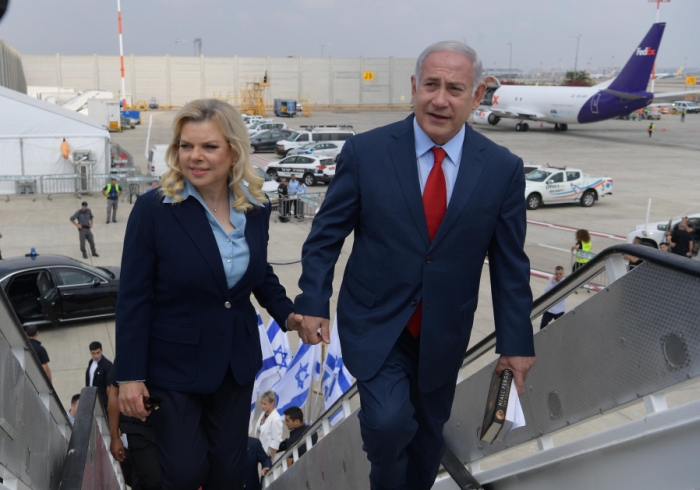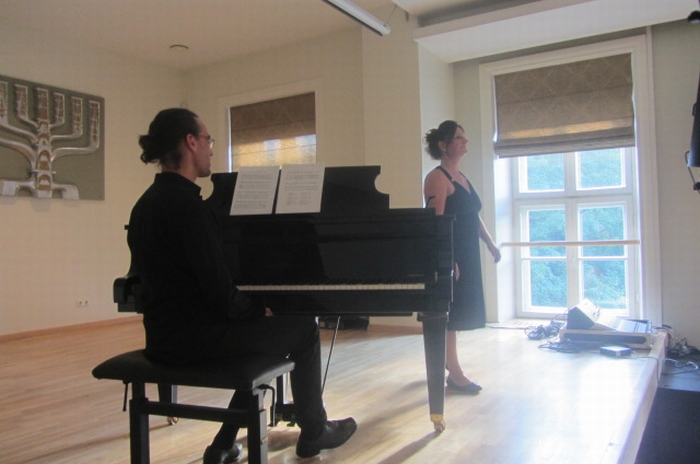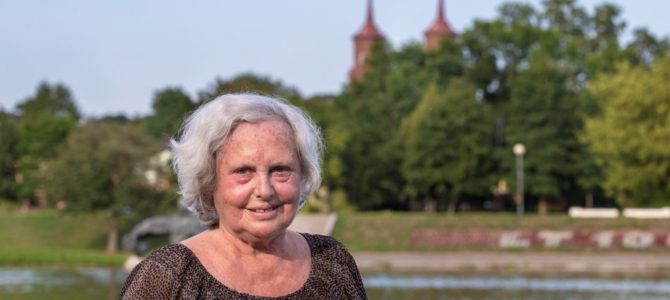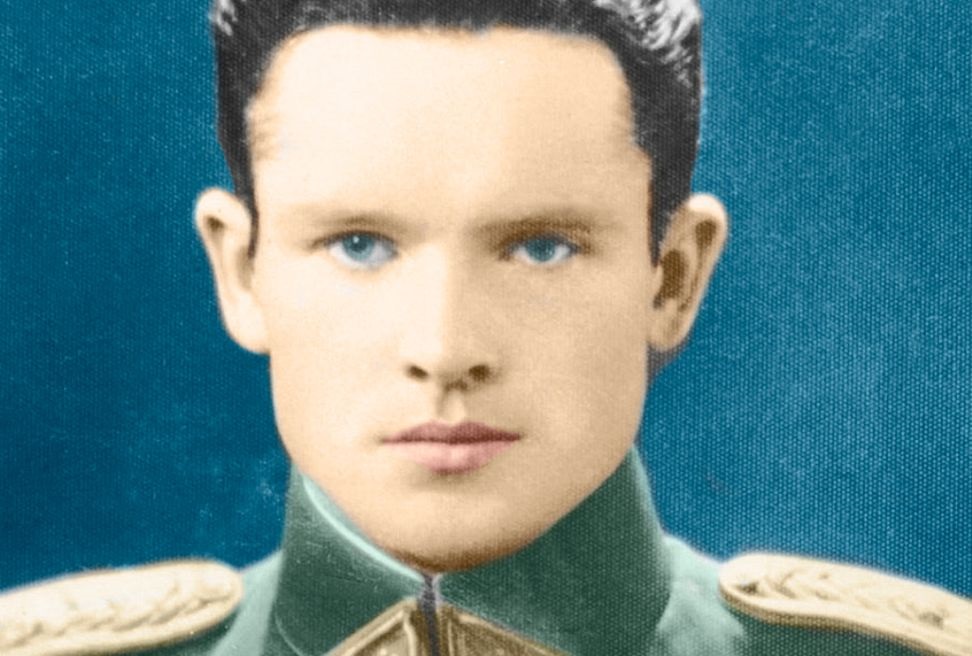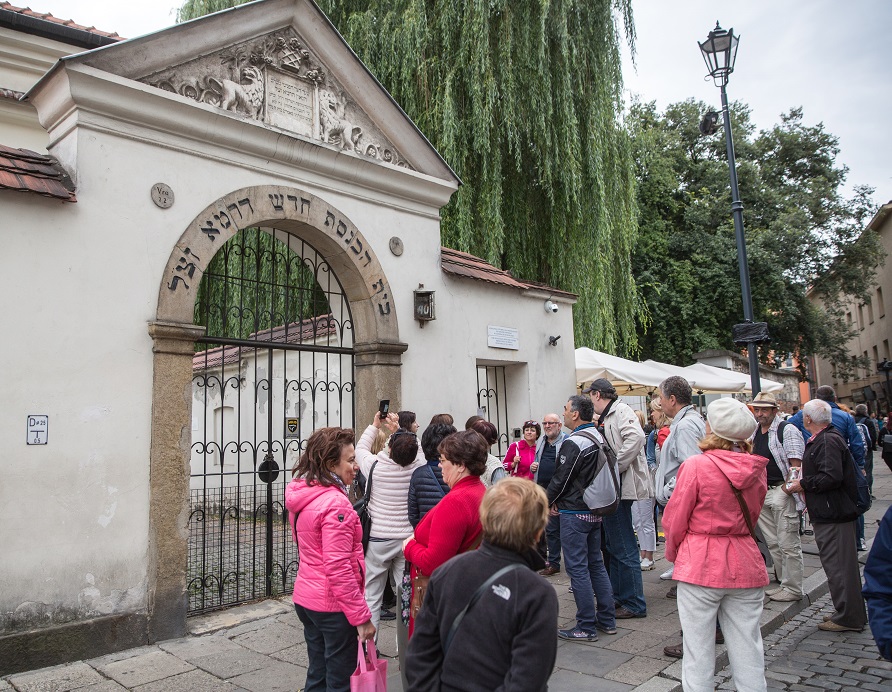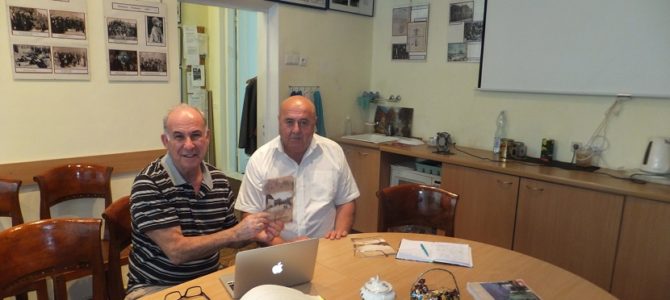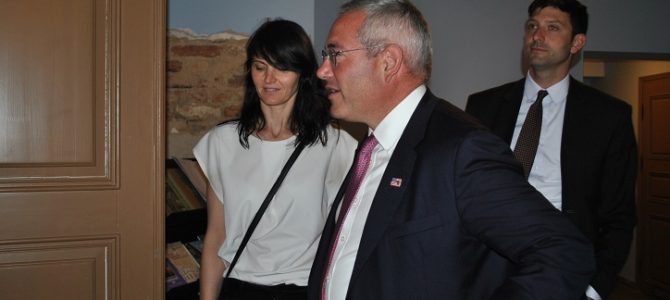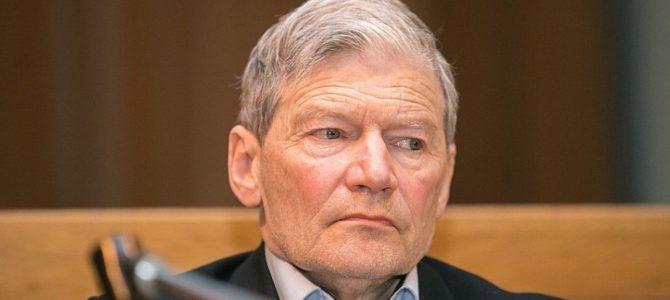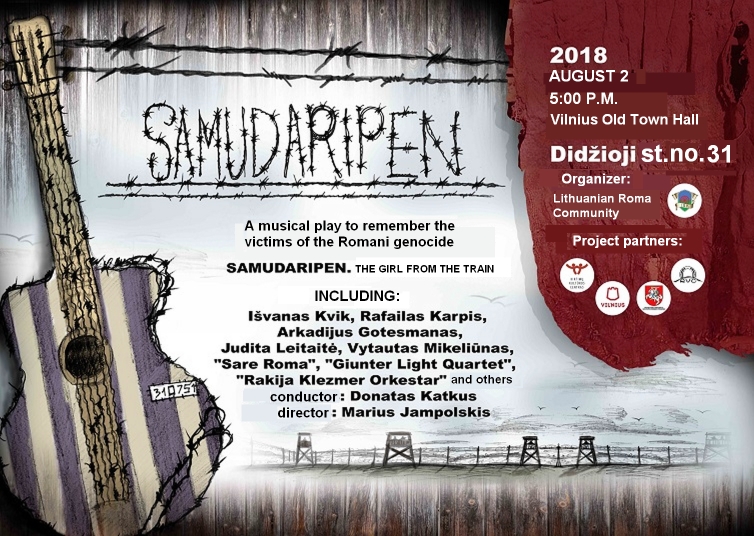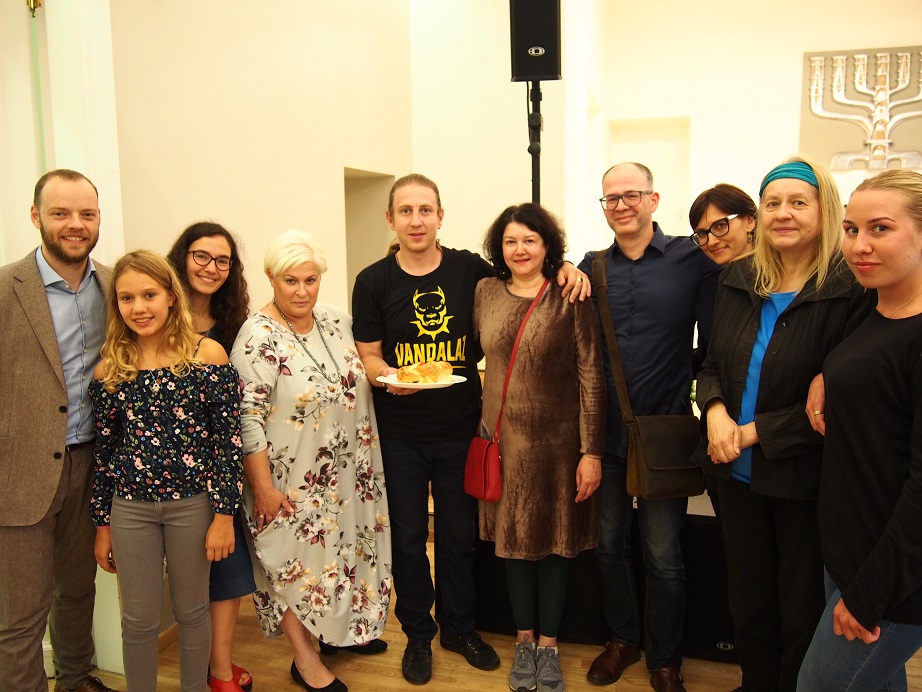
What does cohen mean? That was the question for some who came to celebrate Sabbath at the LJC with famous Lithuanian actor Marius Repšys, who turned 34 on September 1. Lithuanian Jewish Community executive director Renaldas Vaisbrodas moderated the event.
“I wanted to get back my father’s surname, Cohen, which was changed when I was a child, but when I went to the Justice Ministry, I found out I can’t do that, because it’s difficult to prove following my father’s death in Israel,” Repšys told the audience. Marius’s father was Jewish and his mother is mixed Tartar and Russian. When he was 8 his mother decided it would be better for him to change his surname, to be a Lithuanian rather than a Jew, because, she said, “everyone attacks Russians and Jews.” She had divorced his father when Marius was 4. He only learned his father was Jewish when he was 7.
Twenty years later he visited his father in Israel on his father’s birthday and brought as a gift an album of photographs of him in his childhood. “My father was moved and cried, but the next day there was an ashtray on top of the photo album,” Marius recalled. He went to Israel the second time for his father’s funeral.
Renaldas Vaisbrodas recalled it was fairly common to switch ethnicity in Soviet times, and parents did this to protect their children from bullying.


